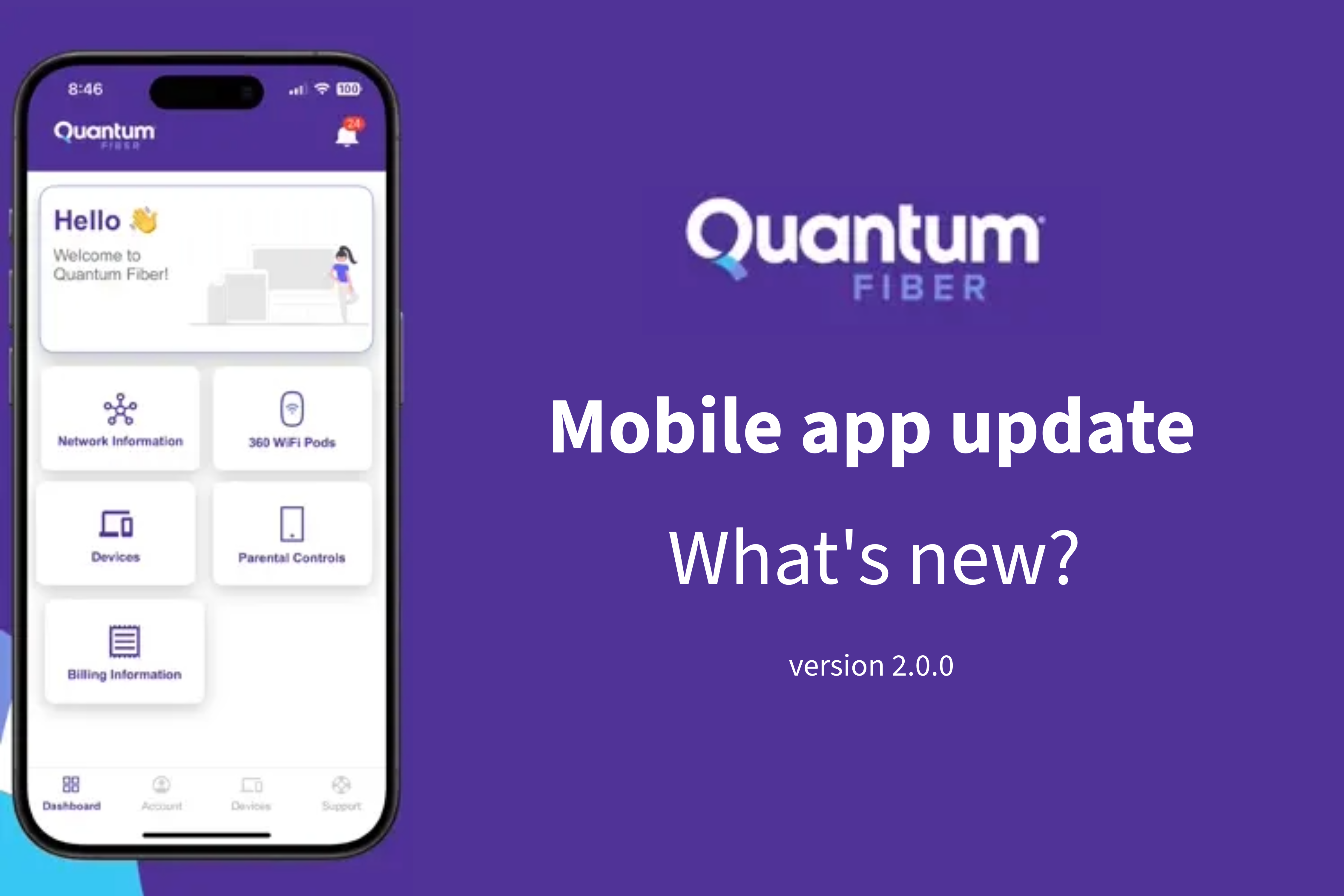By now, you may feel fairly confident in your scam-identifying skills. After all, most people have to fend off scammers daily, whether it’s a scam text, email, or phone call. However, scammers are getting smarter and coming up with new, better ways to steal your money. The Federal Trade Commission (FTC) claims that in 2022, Americans lost nearly $8.8 billion to fraud—with nearly 150,000 cases of bank-related identity theft. It’s more important than ever to protect yourself and your bank account by learning how to identify and avoid bank scams.
In this article, we’ll discuss five of the most common bank scams in 2023 and how you can keep your bank account safe.
1. Text messages claiming your bank account is suspended
Scammers send out thousands of fake messages daily. One common scam text will alert you that your bank account has been suspended or blocked due to suspected fraud. These messages may include a link to a fake online login page that will steal your account number and password or a phone number to call.
If you engage with scammers, they’ll try to pressure you into transferring or wiring your money to a “safe” account. Never click on links in unsolicited text messages or emails. Instead, log in to your bank account directly, either through the mobile banking app or the official website. If the fraud alert is legitimate, you’ll see it in your account notifications. Forward scam text messages to your bank’s fraud department. Whenever you receive a scam text, you should report it to your bank so they can follow up and warn others.

2. Fake payment confirmation texts
This type of text scam is a fraudulent message designed to get you to follow a link to a fake website. Scammers are banking on the fact that you’ll be alarmed about the fake payment, follow the link, and give them your login details.
Again, never reply to these text messages. By engaging with scammers, you’re giving them more opportunities to trick you into sending them money. When you reply to fake texts, you’re letting scammers know your phone number is active, which means you’ll receive more scam texts.
3. Robocalls claiming your bank card is being used fraudulently
Robocalls aren’t new. Scammers create very realistic robocalls that inform you about fake payments or account suspensions. However, AI chatbots are a newer scam that can mimic voices and trick you into thinking you’re talking to a human. AI chatbots can mimic voices by using audio samples to create a replica that can say anything they want.
This voice mimic scam takes a lot of planning, and it can be avoided by confirming the message with a human in person. If you pick up on a scam call, hang up and call your bank via the official number on their website to verify you’re talking to a real employee.
4. Online lenders asking for your bank details
If you need to access credit or borrow money, be super careful when borrowing from online lenders. You probably won’t be surprised to know that scammers have come up with several forms of online lending fraud, all of which can drain your bank account. They may say they need your bank or credit cards details to transfer you the cash or ask for an upfront payment to “prove” that you can receive the loan.
To protect yourself and your money, only accept loans from reputable lenders. Research any lender by checking online reviews and Better Business Bureau (BBB) ratings. If you can’t find reviews, the business is likely a scam. Many online lending scams are too good to be true. If a lender is offering loans without credit checks or if the loan has a suspiciously low interest rate, it’s probably a scam.

5. One-time password bots
Another scam to keep an eye out for is one-time password (OTP) bots. The bot may look and sound like it’s coming from your bank. The voice will ask you to authorize a charge and tell you to input the code you receive in a text or email. In reality, the bot is attempting to log in to your account, which triggers the system to send you the code. If you share the code, the scammer can log in to your account.
The best way to protect yourself from this scam is to use a password manager to protect your passcodes. And of course, never respond to these scam texts.
How to stay safe with online banking
Online banking comes with all kinds of convenient perks, such as being able to cash checks digitally and manage your accounts on the go. While online banking has many perks and makes things like paying monthly bills super convenient, there are a few safety issues to be aware of, such as phishing attacks. You can take charge of your online banking security by remembering these handy online banking safety tips. This is especially important when you connect through public WiFi.
With Quantum Fiber, you’ll finally be able to bank online with confidence through a fast, secure connection. Don’t forget to stop by the Quantum Fiber blog for plenty of other online security guides.
Content Disclaimer - All content is for informational purposes only, may require user’s additional research, and is provided “as is” without any warranty, condition of any kind (express or implied), or guarantee of outcome or results. Use of this content is at user’s own risk. All third-party company and product or service names referenced in this article are for identification purposes only and do not imply endorsement or affiliation with Quantum Fiber. If Quantum Fiber products and offerings are referenced in the content, they are accurate as of the date of issue. Quantum Fiber services are not available everywhere. Quantum Fiber service usually means 100% fiber-optic network to your location but, in limited circumstances, Quantum Fiber may need to deploy alternative technologies coupled with a non-fiber connection from a certain point (usually the curb) to your location in order to provide the advertised download speeds. ©2024 Q Fiber, LLC. All Rights Reserved. Quantum, Quantum Fiber and Quantum Fiber Internet are trademarks of Quantum Wireless LLC and used under license to Q Fiber, LLC.








